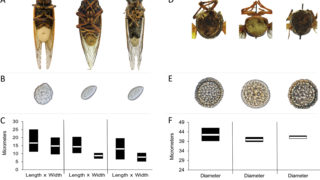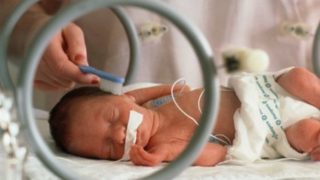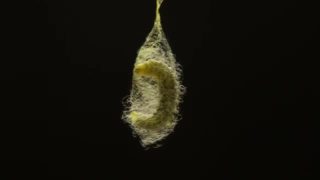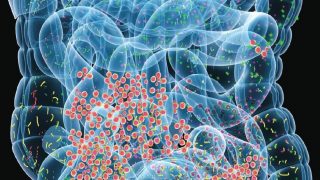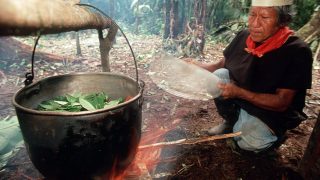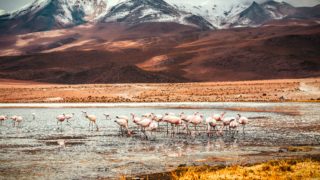
Bad companies
Forming large groups (flocks, banks, swarms, herds, schools, …) is characteristic of many species. The generally accepted idea is that it is an adaptive process, in which the individual improves its chances of survival by being part of a numerous group. A shark does not know which fish to attack in a sardine bank and […]
